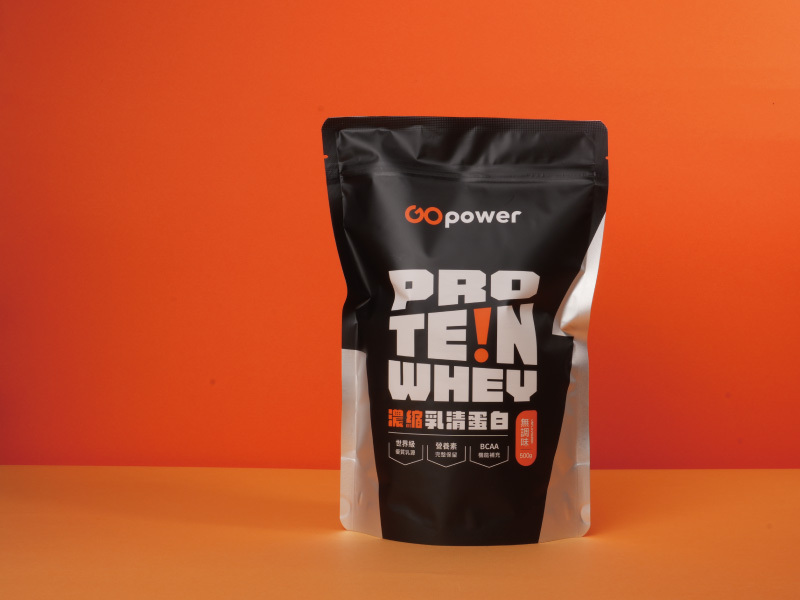Whey protein is a protein supplement, typically derived from milk. It is isolated and refined from the
protein in whey, having a high biological value, making it the preferred choice for many athletes and
fitness enthusiasts.
A guide to whey protein:
What is whey protein?
Whey protein is a protein supplement, typically derived from milk. It is isolated and refined from the protein in whey,
having a high biological value, making it the preferred choice for many athletes and fitness enthusiasts.
The benefits of whey protein
Whey protein has various benefits, including,High biological value,Whey protein is a high biological value
protein (PDCAAS = 1), meaning it closely matches the amino acid composition required by the human body.
This makes it easily recognized, absorbed, and utilized by the body to support various physiological functions.
Easy digestion, rapid absorption, suitable for post-workout consumption.
Low in fat and carbohydrates, suitable for controlling calorie intake.
Rich in essential amino acids that the body cannot synthesize on its own and must be obtained from food.

How to choose the whey protein that suits you?
When choosing whey protein, consider the following factors:
Protein content: Choose the protein content based on your needs, typically around 20-25 grams per serving.
Allergies: Depending on your body's needs, you can choose concentrate whey protein, isolate whey protein, or hydrolyzed
whey protein.
Flavor: Choose a flavor you enjoy, such as chocolate, vanilla, or strawberry.
How to determine your whey protein intake?
Determining your whey protein intake depends on your goals and activity level.General population: Approximately 0.8 grams
of protein per kilogram of body weight for adults.
Athletes: Recommended intake of 1.2 to 2 grams of protein per kilogram of body weight, depending on exercise intensity and goals.
Elderly: Recommended intake of 1 to 1.2 grams of protein per kilogram of body weight.
Weight loss: Recommended intake of 1.2 to 2.2 grams of protein per kilogram of body weight.
These are general recommendations, and individual needs may vary. If you have specific health conditions such as kidney issues
or unique fitness goals like muscle gain or weight loss, it's best to consult with a doctor or nutritionist. Additionally, you can obtain
protein from a variety of foods, including meat, eggs, dairy products, legumes, nuts, and protein supplements to meet your needs.
When is the best time to drink whey protein?
The optimal times to drink whey protein usually include:
Before exercise: Recommended to consume about 30 minutes before exercise to ensure proper absorption.
After exercise: Intake within 30 minutes after exercise, as muscles need nutrients for repair and growth at this time.
Breakfast: Using whey protein as part of breakfast is suitable for those who prefer a quick, convenient morning meal.
Between meals: If you feel hungry between two meals, it can help provide a sense of fullness and a protein source.
Before bedtime: Some people like to consume whey protein before bedtime to provide overnight nutritional support for muscle repair.
According to individual needs: The best time to consume whey protein varies based on individual goals and lifestyle.
You can choose the most suitable time based on your fitness goals and preferences.
How to correctly mix whey protein
Correctly mixing whey protein requires a few steps: Whey protein is not like powdered milk.Mix with liquid:
Typically use cold water or milk (flavored for better taste).
Use a shaker cup: Add the powder to a shaker cup and shake well.
Not recommended: Mixing with hot water may affect solubility and texture.
Not recommended: Using high temperatures for mixing may cause clumping.
Common mistakes to avoid when consuming whey protein
When consuming whey protein, avoid the following common mistakes:
Excessive intake: Consume an appropriate amount of protein to avoid excess calorie intake.
Neglecting diet: Whey protein should be part of your diet, not a replacement for meals.
Whey protein supplements and alternatives
There are various whey protein supplements and alternatives to choose from:
Whey protein concentrate: Protein concentrated with a certain amount of fat and carbohydrates.
Whey protein isolate: Most of the fat and carbohydrates removed, providing purer protein.
Hydrolyzed whey protein: Partially hydrolyzed for faster absorption.
Plant-based protein: Suitable for vegetarians and those allergic to dairy.
Whey protein is a high-quality protein supplement beneficial for muscle growth and repair. Choose the whey protein that meets your
needs, ensure proper intake, and consume it at the right times for optimal results.





